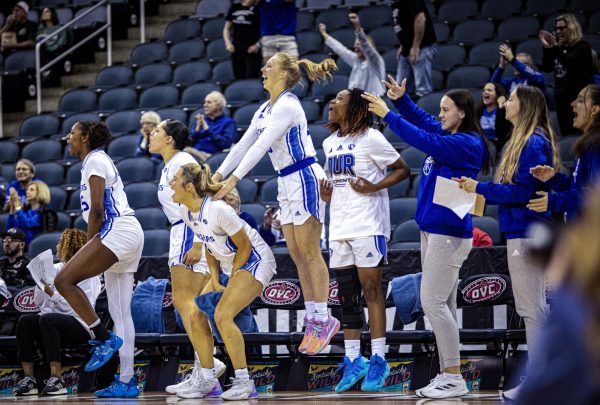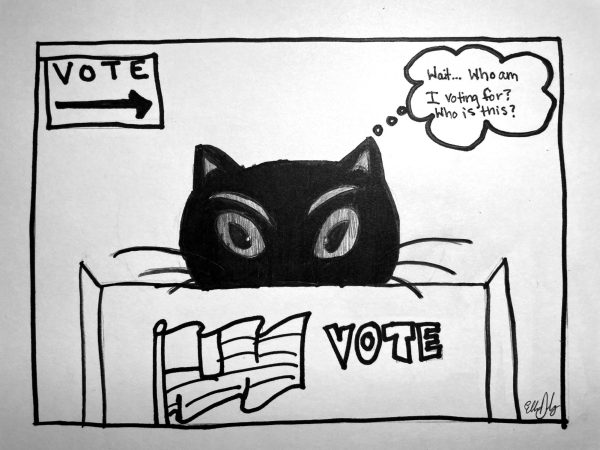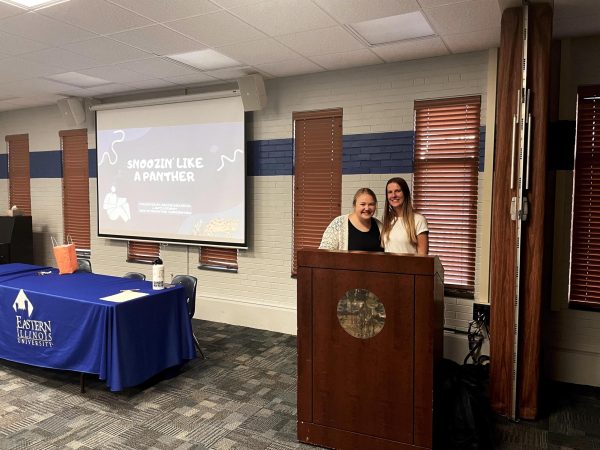Normalize students prioritizing their mental health
September 13, 2021
In the last decade, chronic absenteeism, missing 10 percent or more of the school days in an academic year, has put approximately 6.5 million students from the ages six to 24 at risk of failure.
Some students are struggling with at least one mental illness. Students have always been expected to be at school every day unless they had a doctor’s note, or a note from a parent, and even then, it still was not certain that your absence would be excused.
According to a bill signed by Gov. J.B Pritzker in August, students from ages six to 17 will be able to take up to five excused mental health days per school year. Students will also get the opportunity to make up any school work that is missed.
This bill is a huge step in getting people to understand how mental health is truly affecting students, but this bill has many people wondering what is being done to support college students suffering from the very same issues.
Some students drop out of college due to mental health issues, students feel that their mental health impacted their performance in school, and some college students have depression.
Mental health issues are common among students of all ages and are heavily affecting attendance, grade point averages, and test scores. If mental health issues are prominent in elementary to high school-age students, wouldn’t it still be an issue for young adults in university?
The transition into college for students is already hard enough, and it’s important to think about how these students will transition into college after being able to take a mental health day when needed.
College students are not able to take mental health days, even with the overwhelming amounts of homework and busy schedules.
If you miss class, it is very unlikely to return to a teacher being understanding and allowing extra time for work unless you have a documented disability in the office of accommodations.
Many students aren’t offered these accommodations because they have no documented mental illness on file.
I think that colleges, if not the state, should look into what can be done for all college students.
This would be including students that don’t have a disability, aren’t diagnosed with a mental disorder, and students that don’t have the means to be properly diagnosed by a mental health specialist.
Making mental health a priority and something that is normalized in all schools could greatly improve graduation rates and the grade point averages of students in schools across America.
Kari Craddock is a freshman Journalism major. She can be reached at 581-2812 or [email protected].














































